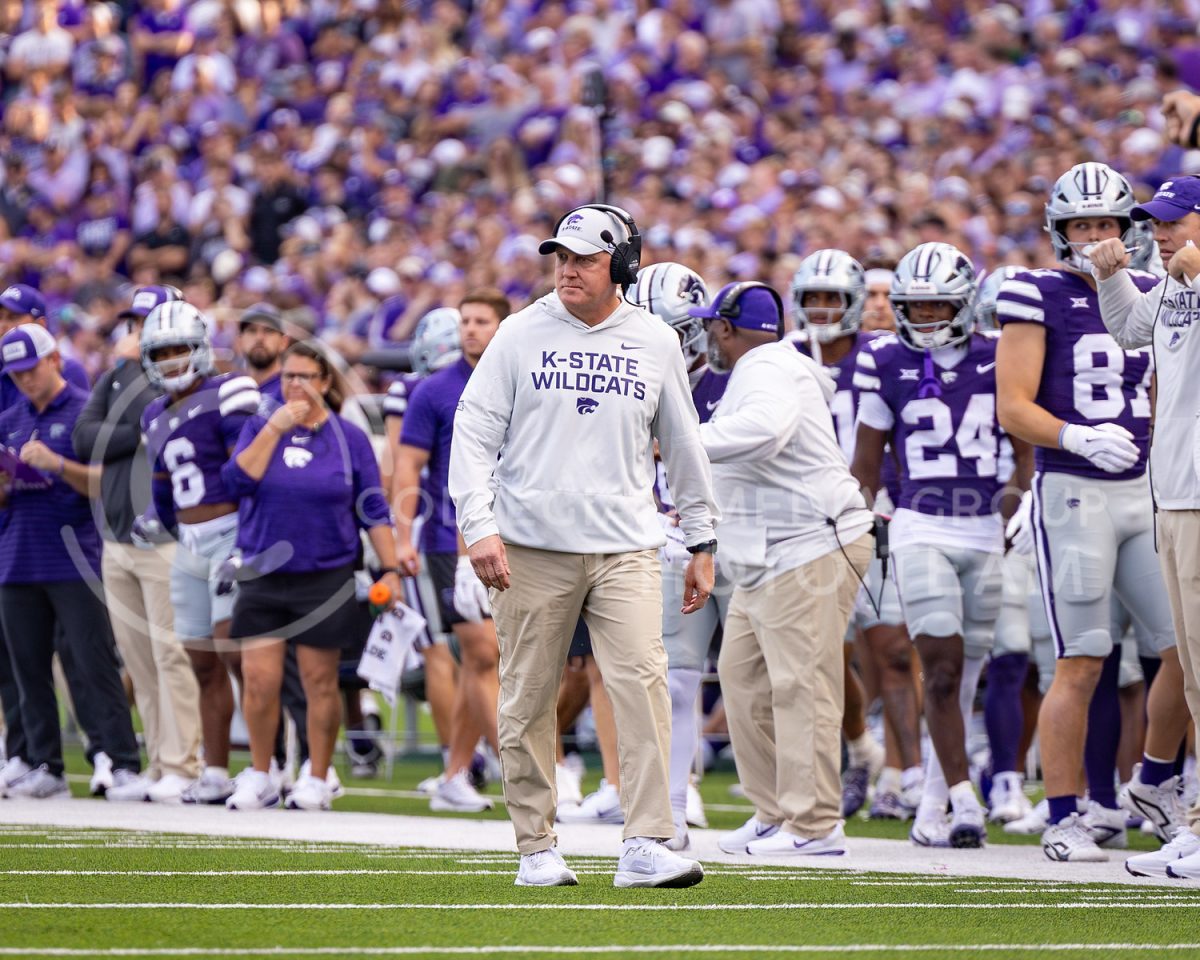Only a few programs capture the essence and resiliency of the Big 12 Conference more than Kansas State. As college football has evolved and realignment has altered the power conference landscape, Kansas State finds itself in a unique and critical role within the newly expanded Big 12.
It wasn’t that long ago that the Wildcats were the perennial underdog, and now they are helping shape the future of a league that had to reconstitute after losing Texas and Oklahoma to the SEC. The new Big 12 comes with as many opportunities as challenges, and Kansas State’s role in the league may be more important than ever. According to the Jazz Sportsbook review by OffshoreSportsbooks, Kansas State fans can take advantage of standout bonuses while betting on a team that’s making waves in the Big 12.
From Underdogs to Contenders
A propensity for shockers has often characterized Kansas State’s history in the Big 12. When Bill Snyder was hired to rebuild the program in the late 1980s, K-State was one of the worst programs in major college football. Snyder not only rebuilt a hopeless situation but went on to lead one of the greatest turnaround stories in college football history. Under Snyder, the Wildcats grew from a team that was forgotten to a monthly contender in the Big 12, with championship cred established in 2003.
This legacy of toughness, discipline, and development has never left the program and is a part of K-State’s DNA to this day. Chris Klieman took over the program in 2019, after winning four consecutive FCS national championships at North Dakota State, and has continued the Snyder legacy of tough and disciplined teams that can compete against anyone. This was on full display when K-State beat TCU, the College Football Playoff finalist, for the Big 12 championship in 2022. The goal of Kansas State’s football program is always to thrive in an uncertain moment, while also being shaped by larger-revenue programs dictating standards.
Now, as the Big 12 establishes a new identity without Texas and Oklahoma, Kansas State’s history and ability to punch above its weight have established the Wildcats as a foundational component of the Big 12’s future.
The New-Look Big 12 Landscape
With Texas and Oklahoma exiting, the Big 12 confronted an existential crisis: how could it maintain national relevancy? The solution was to expand aggressively. The Big 12 officially welcomed Cincinnati, Houston, UCF, and BYU in 2023, gaining new markets and opponents, and then in 2024, the league added Arizona, Arizona State, Colorado, and Utah.
This newly formed 16-team Big 12 is no longer the league that it was in its infancy. It is a coast-to-coast league with a reach extending from Orlando to Salt Lake City. It lacks the blue-blood programs of the SEC or Big Ten, but it has added depth, general parity, and competitive balance – something the league could use as an angle in selling the league. Kansas State is ideally placed to illustrate the depth of the Big 12’s competitive brands on the field.
Kansas State as a Stabilizer
Kansas State has an essential role in this newly formed conference as a stabilizer. Kansas State has an identity. In contrast to programs still trying to establish themselves, the Wildcats have created a program with identity. The Wildcats have developed their players, played sound fundamental football, and lined up physical and disciplined teams every year. This provided a barometer to new members and even long-term members of the Big 12.
In many ways, Kansas State is the representation of the “heartland” spirit of the league. While other new programs bring larger markets (Houston, Texas; UCF, Florida; BYU, Utah), Kansas State represents the faithful, strong fan base and small market dedication present in the Big 12 for years. The continued success of Kansas State indicates that they can often thrive in the national conversation by playing outside of huge media markets.
A Rising National Profile
Another important facet of Kansas State’s role is raising the national profile of the Big 12. The Wildcats’ 2022 Big 12 Championship proved the league’s competitive depth, while their strong bowl performances continue to indicate that they are capable of competing outside of conference action. As we shift to a conference with 12 teams, Kansas State has a legitimate opportunity to not just compete for a College Football Playoff berth, but to compete on a regular basis.
For the Big 12, this is vitally important. With Texas and Oklahoma no longer in the league, we need multiple teams to be able to consistently represent the league on the national stage. Kansas State is well-positioned to be that team. With a combination of coaching stability, a proven system, and recent success, Kansas State has a validity to each of those roles as a flagbearer for the Big 12.
















































































































